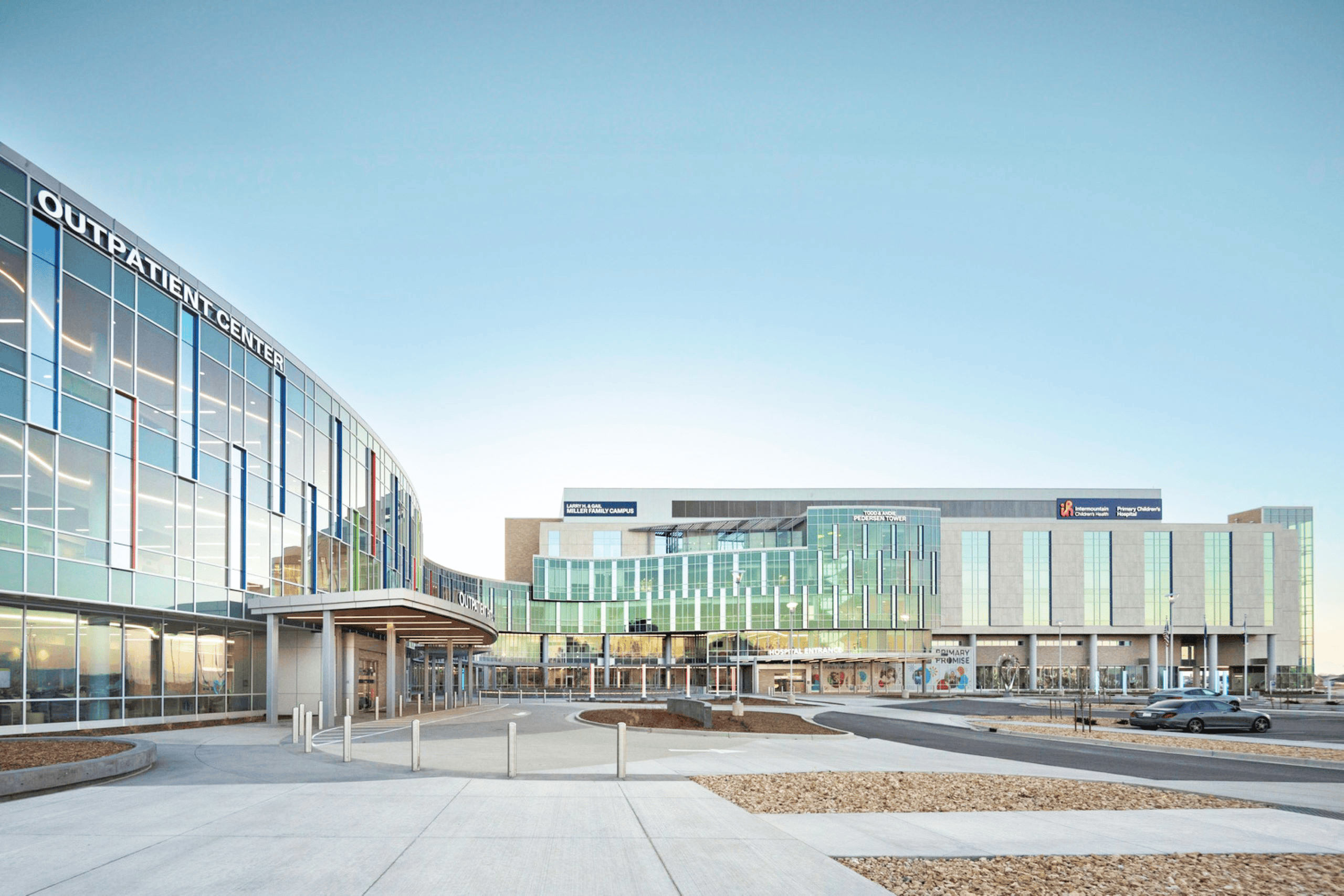One thing is clear as the transition into 2024 begins — what worked for patient payments in the past will no longer suffice in the future. This isn’t news to health systems who have continued to grapple with labor shortages, shrinking margins and high cost to collect. Many health systems reported huge losses in 2023, with many discontinuing services and some even shutting their doors.
It’s evident that patient payment technology alone can no longer give health systems the results they desperately need. Instead, research shows that providers should focus on compassionate patient services informed by intelligent data.
According to R1’s 2023 nationwide survey conducted in partnership with Researchscape, 55% of people want to talk to someone over the phone when they have questions, even if they prefer digital channels for other interactions or activities.*
Even further, if those interactions are poor, patients will leave. 56% of patients said they would likely seek a new healthcare provider if they have a poor billing experience.*
R1 leads the way into 2024 for informed patient payment services, providing account resolution services for two new major clients who bring in a combined total of $5 billion net patient revenue (NPR). We aim to focus on intelligent data and analytics to improve the patient experience for these new clients.
In 2024, R1 will continue to focus on improving segmentation. For example, we’re simplifying propensity to pay scoring to automatically incorporate best fits for charity care. Plus, we plan to focus on personalized, targeted outreach campaigns to patients and improved messaging on statements and emails to empathetically reach patients.
Across the board, Nik Trotta, SVP of R1’s Patient Experience Business, says the main focus will be on using more informed data to enable call center agents to understand how and when to engage patients, and how to help them work through complex payment issues.
R1 plans to use intelligent data and segmentation for their new clients’ account resolution services, empowering agents to provide the best possible payment options for each patient. Our global call center agents give personalized recommendations based on a variety of data points that expand beyond standard propensity to pay algorithms, like communication preferences and prior payment history. Health systems also have access to key call center metrics like patient satisfaction rates and training updates all along the way.
We’re proud to give call center agents the tools they need to resolve issues on the first try, evidenced by an 85% first-call resolution rate with an under 60 second hold time average.
Furthermore, in 2024 R1 will continue to explore ways to help health systems reduce operating costs with technology enhancements, but never at the expense of the patient’s experience. Plans for the new year include a more inclusive portal design, expanded API capabilities, and the use of generative AI to help identify what callers need before they ever interact with call center agents.
R1 will also focus on further expanding our digital wallet offering, continuing to evaluate economic pressures in the new year and focusing on solutions that continue to drive positive financial outcomes for health systems. This includes even more flexible payment schedules and easier origination through various channels. R1 is proud to have helped health systems reduce cost to collect by up to 30%.
If your health system is ready to offer patient payment services that work for both patients and providers, reach out today so we can talk about the specific challenges your health system is experiencing.
*National survey conducted by Researchscape surveyed 2,078 U.S. consumers 18-64 years old who had either paid a healthcare bill in the last year or intend to pay a recent healthcare bill. Respondents are representative of the overall national population across demographic factors.





